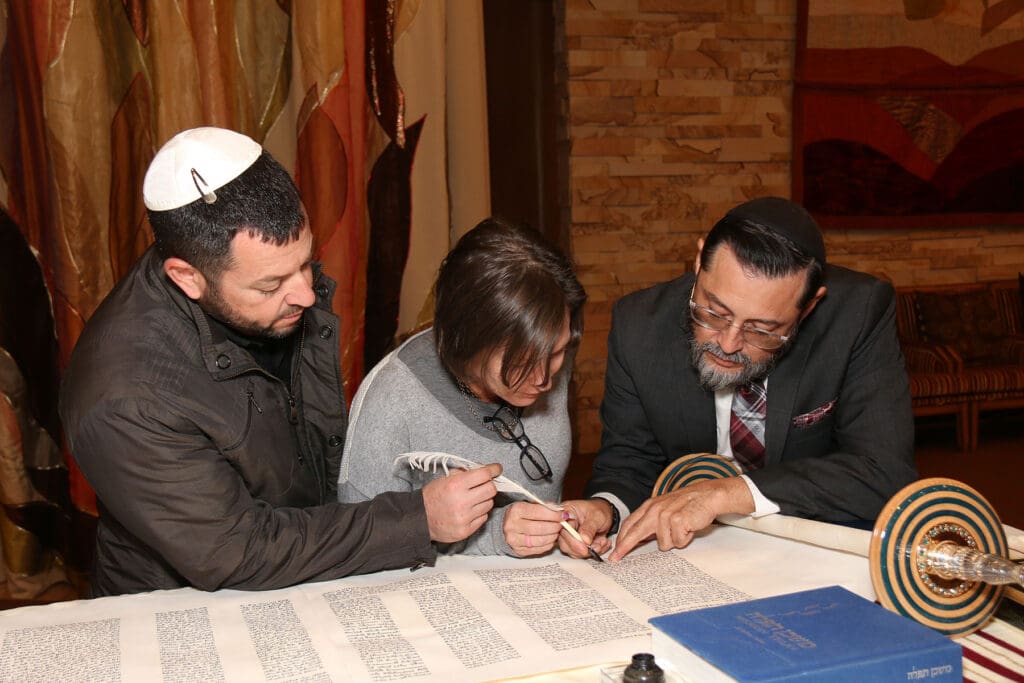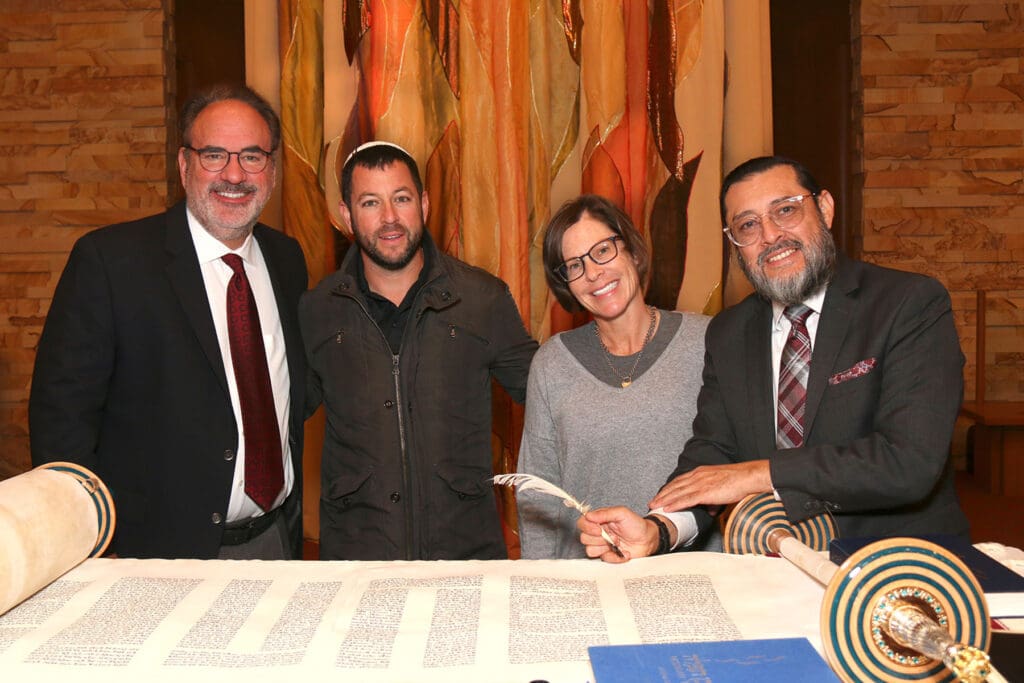Michael Torjman
Shema Yisrael, or the Shema, is the central affirmation of Judaism.
The prayer expresses belief in the singularity of God, that is, in God's oneness and incomparability.
It is traditionally recited twice a day, as part of the morning (Shacharit) and evening (Arvit or Ma'ariv) services.
It serves as the climax of the liturgy on Yom Kippur, the holiest day of the Jewish year. Jews often recite the prayer as their dying words, including Jewish martyrs who, throughout the ages, made it their final profession of faith before being put to death.
Professor of classical rabbinic literature Reuven Kimelman said the Shema summons Jews to feel "an all-consuming love of God."
"It's a love that is unreserved, all-demanding, at all times, in all places and in all circumstances," he said. "Nothing is excluded. Thoughts are to be focused, words are to be spoken, and deeds are to be done."
The prayer dates from the first millennium B.C.E. when it was recited as part of regular services in the ancient temple in Jerusalem. It consists of three separate passages taken from the Hebrew Bible: Deuteronomy (6:4–9) and (11:13-21); and Numbers (15:37-41).


